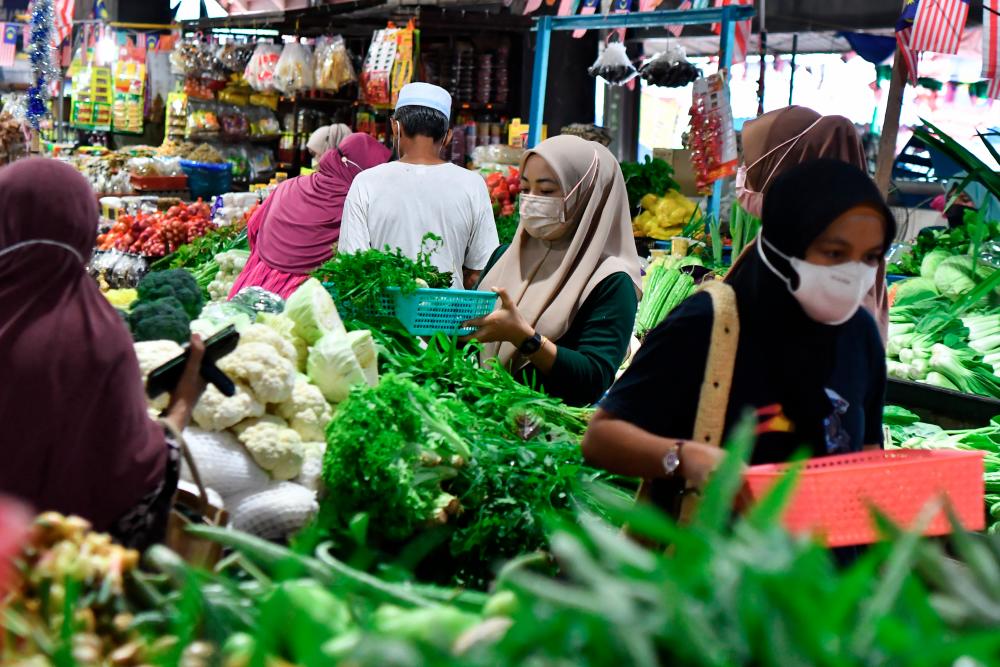THE economic affairs minister believes that consumers are to blame for the high food prices as they continue to purchase essentials despite the rising cost. He suggests, for example, that if chicken prices go up, stop eating chicken.
According to the Malaysia Economic Monitor Report published by the World Bank in 2019, 30% of Malaysians feel that they do not have enough money for food, and the number has doubled since 2012.
A study by Universiti Putra Malaysia on young workers in public housing areas found that 48.9% needed to borrow to buy basic food items, 61.1% did not have enough money for medicines and 89% made late bill payments.
In a recent report, it has been stated that 20% of the M40 group have fallen into the B40 category post-pandemic.
In the World Bank report, it was stated that between 2012 and 2018, both rural and urban Malaysians have felt growing hardship in living conditions. In short, consumers from low-income groups are suffering from increasing prices, and this is not because they choose to patronise expensive places.
Despite Fomca’s (Federation of Malaysian Consumers Associations) continuous advocacy for food security, we continue to under-invest in food production, whereby our self-sufficiency is too low to meet demand for basic food. More than RM50 billion is spent on imported food, resulting in high volatility of food prices, especially when our ringgit fell.
Despite Fomca’s call to clean up price manipulation and monopolistic practices along the food supply chain, which have been confirmed by the Competition Commission which stated that excessive anti-monopolistic practices are resulting in excessive profiteering and exorbitant prices, our calls have fallen on deaf ears.
I do agree with the minister that there are young workers who rather spend their limited income on patronising expensive bistros or latest smart phones or cars they can ill afford.
For example, in a study by Fomca, 47% of young workers are excessively indebted.
The Asian Institute of Finance found that 70% of young workers aged 20 to 33 were living beyond their means.
But generally, the B40 group and more in the M40 category are struggling to feed their families and maintain a minimum level of financial security.
Prices are high because of low food production, dependence on imported food and price manipulation.
Let me assure the minister that every suffering household knows where to get the cheapest food better than any official data. Nevertheless, we cannot expect consumers to travel from market to market to find the best price for each item.
I do not deny that consumers do have a role to play. Fomca ran a campaign with the theme “Change begins with me”, which focused on mindful consumption and responsible financial management. Based on data, we believe that we were able to change consumer behaviour to a certain extent but we need to invest more on educating consumers.
Finally, the government needs to play a more significant role in food production and regulation of the food supply chain.
Paul Selva Raj
Secretary-general, Fomca









